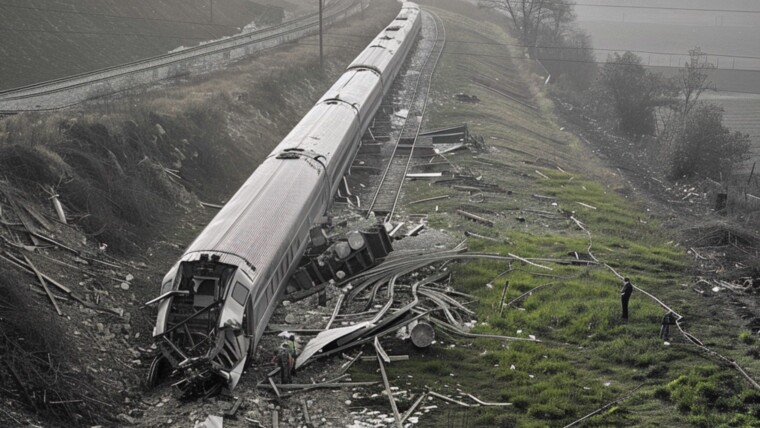The planning is done, the roles assigned, the change is ready to commence. Now all the team has to do is, well, do it.
Instead, chaos ensues. Excuses abound for why certain things should be delayed: particular individuals are not ready, more preparation is needed, additional approvals should be secured. As a leader bringing a team through change, this can be baffling. It feels like no one is acting as a team anymore, and that everything could derail before you’ve even begun.
The highly technical term for this experience is the “Oh **** moment.”
When a team is at the precipice of an experience that has transformative potential, they tend to realize, either consciously or innately, that the experience is bigger than themselves. It’s no longer just talk: they’re finally going to have to commit to doing things. And that means they will be vulnerable to the situation. They won’t know what to expect or how to prepare, and will be forced to rely on different skills than those that got them to this point. Their minds start swirling with questions like:
- What’s going to happen?
- Will I know how to respond appropriately?
- What if I don’t know what to do?
And especially for individuals who are used to having the answers; who are looked at as knowing what to do, that can be a very uncomfortable situation. Hence, “Oh ****.”
In response, they may lash out or hide away, depending on how they deal with stress. Oftentimes, they’ll fixate on what they can control that they think might help them in the experience (do I have the right equipment, am I wearing the right thing, do I have the proper training, am I with the right people?). Or they’ll try to postpone the change, calling for more data/research before moving forward, or suggesting a “better” time.
These are all actually useful impulses to recognize—not because whatever they are fixating on will help, but because it shows they are on the precipice of something challenging and potent.

NOBL has helped world-famous organizations change collective behavior and business outcomes. Reach out to see how we might be able to help your organization.
Instead of delaying or preparing more, it’s important to coach the team through the moment and enter into the change. The fear of uncertainty is just that—fear of uncertainty—not a sign that something more or different is needed. The feeling will go away as soon as they step into the experience, so it’s important to recognize it’s temporary, and not a sign of danger.
If you find your team having their own “Oh **** moment,” your main task to to build their courage and resolve:
- Take time to listen to their concerns, on the off chance that your team is pointing to something that does need more preparation or attention. Even if that isn’t the case, and they are simply gripped by the fear of uncertainty, hearing them out will help build their courage.
- Reassure them of the care, vision, and experience that have informed the change work you all are about to undertake. Even if this is new for them, it’s not necessarily new for everyone who is playing a part in crafting it.
- Point out the skills and capabilities they have demonstrated again and again that will serve them as they enter into the unknown. Be specific and concrete in reminding them of their own abilities.
- If there is something they can do to reassure themselves—even if you know it will not be consequential for the change itself—let them do it, as long as it’s not going to drain resources, attention, momentum from the change work at hand. This might look like double checking certain documents, having one more person whom they trust deeply in a particular meeting, or reviving some side of desk work that they find particularly meaningful.








The Evolutionary Edge
Every Link Ever from Our Newsletter
Why Self-Organizing is So Hard
Welcome to the Era of the Empowered Employee
The Power of “What If?” and “Why Not?”
An Adaptive Approach to the Strategic Planning Process
Why Culture/Market Fit Is More Important than Product/Market Fit
Group Decision Making Model: How to Make Better Decisions as a Team